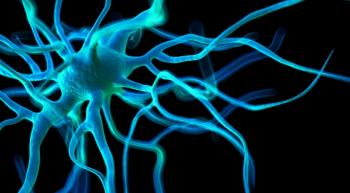
A recent study from St. Jude Children’s Hospital found that more than half of adults who survived pediatric central nervous system tumors failed to achieve independence as adults.

A recent study from St. Jude Children’s Hospital found that more than half of adults who survived pediatric central nervous system tumors failed to achieve independence as adults.

Micah Bernstein is only 7 years old and has already fought cancer three times. Now, she hopes to be an inspiration to other children.

CURE headed out to Washington, DC to cover the Biden Cancer Summit.

“Key brain regions that we know are typically involved in autobiographical memory formation and retrieval, especially the hippocampus, are located quite far from the primary tumor bed, and thus far from the site of focal radiation,” Sekeres, who is director of the Sekeres Memory Laboratory at Baylor University, said in an interview with CURE.

A recent study showed that socioeconomic status may explain racial and ethnic disparities found among childhood cancer survivors of certain cancers.

When John McCain died this week, I was reminded of another patient who died of this nasty disease.

Senator and former presidential candidate John McCain died of glioblastoma on Aug. 25. He was 81 years old.

The senator's family announced that he will no longer be undergoing treatment for glioblastoma.

In recent years, immunotherapy has been falling flat in the brain cancer field, but recent research may change that.
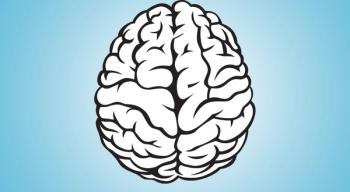
The potential differences in the genetic risk factors among men and women for developing glioma may shed light on a new way to assess such risks, according to a meta-analysis published in Scientific Reports.

An Idaho teenager a boost from one of her idols — former Vice President Joe Biden — during her treatment for acute myeloid leukemia.

Research continues to drive the oncology field.

I was given a three- to five-year life expectancy. I told my neuro-oncologist at Memorial Sloan Kettering Cancer Center that all I heard was that I could expect more life.

The approach used in discussing palliative care can play a role in whether a patient seeks help.

Innovations in drug development, surgery, radiation and clinical trials have investigators hard at work in glioblastoma.

My heart seeks joy. My life is joyful, full of light. And I know trauma can live in the light, I have seen it and lived it.

Researchers from Duke Cancer Institute in Durham, North Carolina, developed a genetically modified poliovirus to attack the rare but aggressive brain cancer by directly injecting the virus into the tumor.

The majority of adolescent and young adult (AYA) patients who are diagnosed with cancer are expected to live past the five-year mark, though survival and health outcomes seem to differ by disease type, according to recent research published in the journal Cancer.

When my mom got cancer, the last thing on my mind was my own health, but she had the foresight and the care to get a genetic test so that her kids could live long and healthy lives. Today I am grateful for my mom, my whole family and the magic of science.
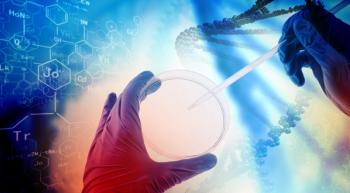
Researchers identified six gene variations that play an important role in the treatment and surveillance of children with medulloblastoma, for which they developed screening and counseling recommendations.
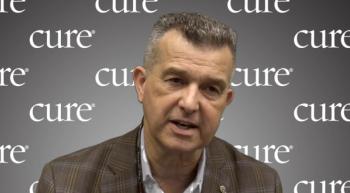
Researchers should not give up hope in using immunotherapy to treat brain cancers.

The ways life hits us with various challenges is neither fair nor fun, but we can still find happiness.

Chronic illness causes a lot of pain, and pain always carries fear with it. One way to cope is to recognize that fear can co-exist with many other feelings. It is OK to be scared, and it is OK to keep going.
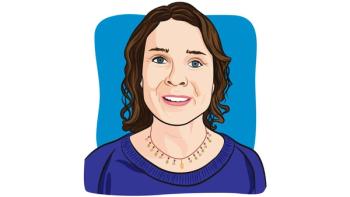
Explore why I'm still here as a 20-year brain tumor survivor, and watch a video about my story with insights to thrive.
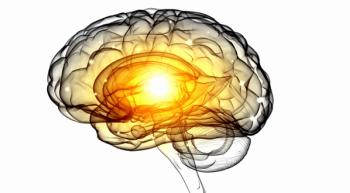
Although still in early phases, an oncolytic virus, called DNX-2401, may be a groundbreaking therapy in pediatric patients with diffuse intrinsic pontine gliomas.